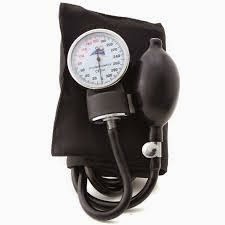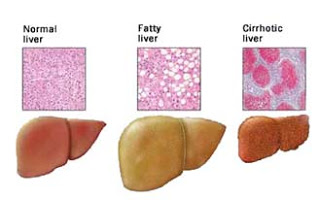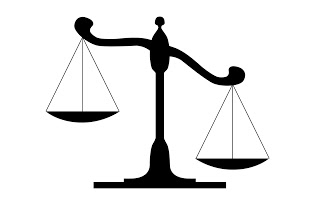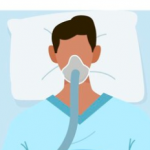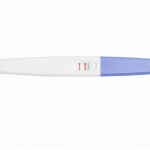The struggle with weight is very complex, and goes so much deeper than simply a balance between calories in and calories out. For many people, there is an emotional contributor to the weight struggle, and for some, a history of abuse in their childhood.
An ongoing study called the ACE (Adverse Childhood Experiences) study has done much to educate us on the important relationship between childhood abuse and obesity later in life. This study, which includes data from over 17,000 people, is one of the largest studies ever conducted to help us understand the associations between childhood maltreatment, and health and wellbeing later in life.
The obesity substudy surveyed adults by mail about their first 18 years of life, and looked for associations between their answers and their body weight as adults.
An alarming two thirds of the study population reported some sort of abuse during their childhood years. Physical and verbal abuse were most strongly associated with obesity. People who reported being ‘often hit and injured’ had a 40% increased risk of obesity. Furthermore, the risk of obesity was higher with the number of different types, and severity, of abuse.
This study shows us that some people’s struggles with obesity may be deeply rooted in a history of abuse in their childhood. It is of the utmost importance for health care providers to do everything they can to help people identify, understand, and manage these complex and serious issues.
Taken as a whole, the ACE study suggest that certain childhood experiences such as abuse, neglect, and family dysfunction are risk factors for several illnesses as well as poor quality of life. The ACE study is still ongoing, and is now looking at the relationship between these childhood experiences, the use of health care resources, and causes of death.
Thank you to my friend and colleague, Margaret, for bringing this important study to my attention.
Dr Sue Pedersen www.drsue.ca © 2012 drsuetalks@gmail.com
Follow me on Twitter for daily tips! @drsuepedersen



